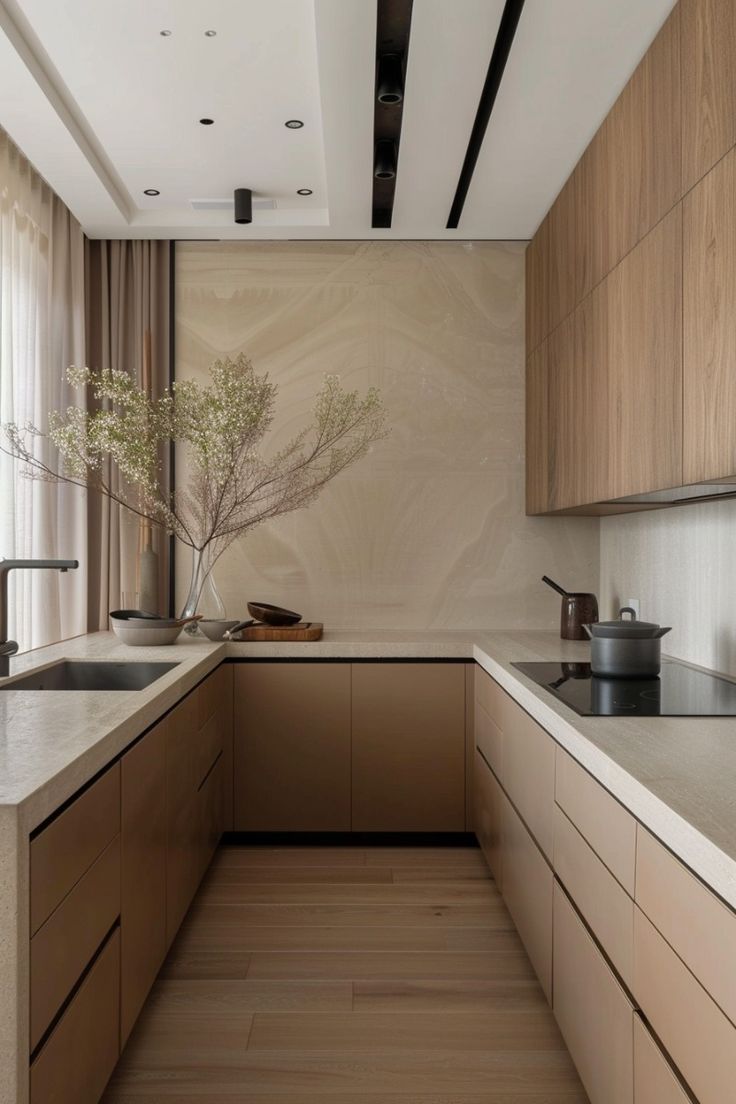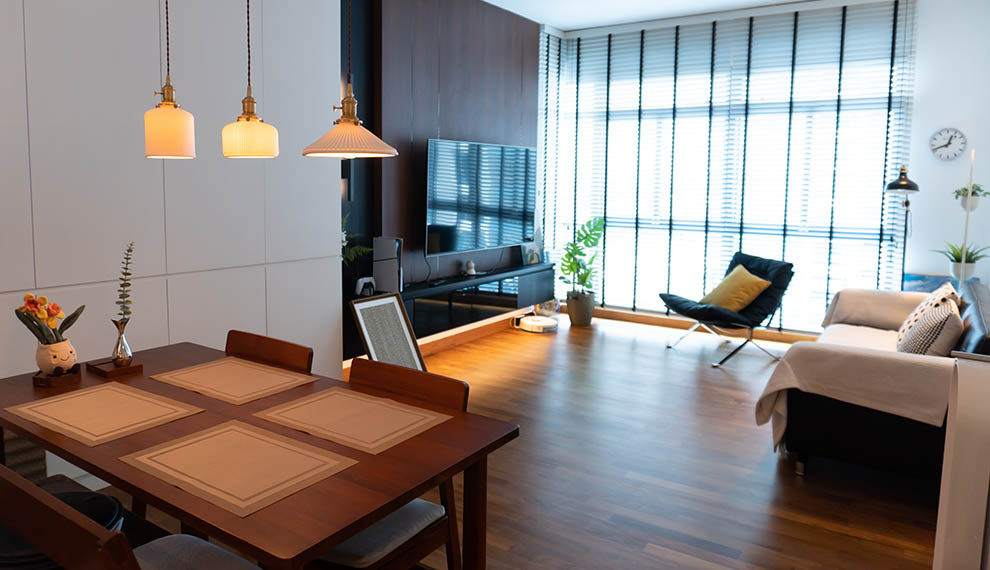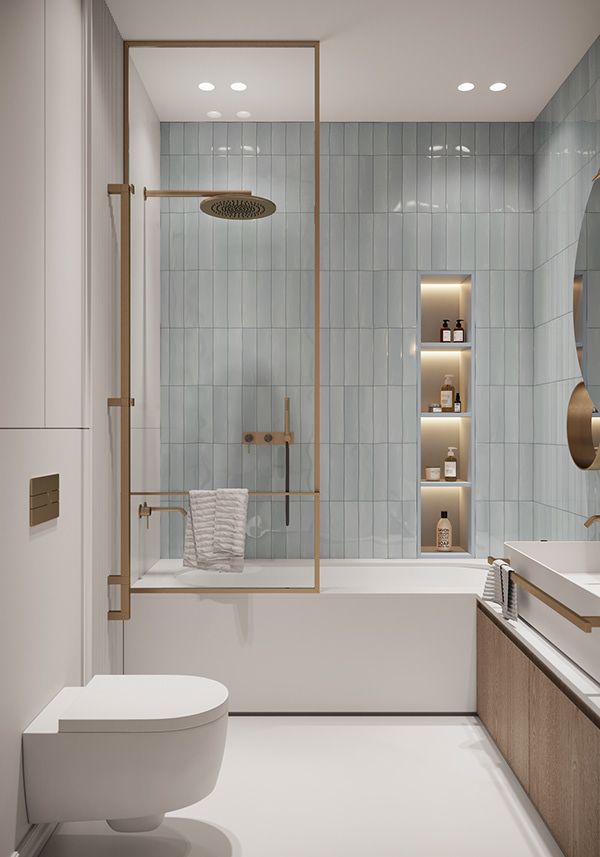Mastering Your Renovation Budget: Tips and Strategies for a Successful Home Makeover

- Define Your Renovation Goals: Start by outlining what you want to achieve with your renovation. Determine the scope of work, including which areas of your home you want to renovate and the desired outcome.
- Research and Gather Ideas: Look for inspiration from home improvement magazines, websites, social media platforms, and renovation shows. This will help you visualize your goals and understand the costs associated with different design elements.
- Set a Realistic Budget: Review your finances and determine how much you can afford to spend on the renovation. Be realistic about your budget constraints and consider setting aside a contingency fund for unexpected expenses.
- Prioritize Renovation Needs: Identify the essential renovations that need to be done versus the nice-to-have upgrades. This will help you allocate your budget more effectively and ensure that you focus on the most important aspects of your renovation.
- Get Quotes from Contractors: Reach out to reputable renovation contractors and request detailed quotes for the work you want to be done. Make sure the quotes include labor costs, materials, permits, and any additional expenses.
- Factor in Additional Costs: Don't forget to account for additional costs such as design fees, permits, furniture, appliances, and decor. These expenses can add up quickly, so it's essential to budget for them accordingly.
- Consider Cost-Saving Measures: Look for ways to reduce costs without compromising on quality. This could include DIY projects, sourcing materials from budget-friendly suppliers, or opting for less expensive alternatives.
- Review and Adjust Your Budget: Once you have gathered all the necessary information and quotes, review your budget to ensure that it aligns with your renovation goals. Make adjustments as needed to stay within your financial limits.
- Plan for Contingencies: Set aside a contingency fund of around 10-20% of your total budget to cover unexpected expenses or changes to the scope of work.
- Track Your Expenses: Keep track of your renovation expenses throughout the project to ensure that you stay within budget. Consider using budgeting apps or spreadsheets to monitor your spending and identify any areas where you may need to cut costs.
- Cost Management: Renovation can easily spiral out of control without a budget. Establishing a budget helps you stay on track and ensures that you don’t overspend.
- Prioritization: With a budget in place, you can prioritize what aspects of the renovation are most important to you. This allows you to allocate funds accordingly and focus on the areas that matter most.
- Realistic Planning: A budget helps you make realistic plans for your renovation project. You can determine what changes are feasible within your financial constraints and adjust your expectations accordingly.
- Avoiding Debt: Without a budget, it’s easy to overspend and end up in debt. By setting a budget and sticking to it, you can avoid financial strain and ensure that the renovation doesn’t put you in a precarious financial situation.
- Contingency Planning: Including a contingency fund in your budget allows you to account for unexpected expenses or charges during the renovation process. This buffer can help you handle any surprises without derailing the entire project.
- Negotiation Power: Knowing your budget gives you leverage when negotiating decisions and ensures that you’re getting the best value for your money.
- Peace of Mind: Having a clear budget gives you peace of mind throughout the renovation process. You can track expenses, monitor progress, and feel confident that you’re staying within your financial means.

Let's Talk. Let's Connect.
Got ANY QUESTION? We're here to help.
If you have any enquiry, please do not hesitate to contact us. Leave us a message and we will get back to you shortly.





